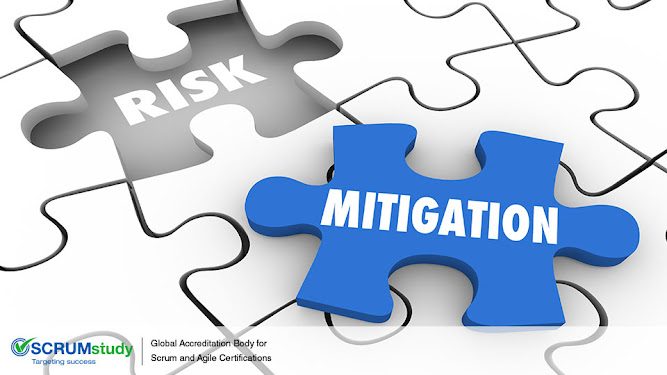Empower Your Agile Journey: A Guide to Scrum Master Certification
The world of project management is undergoing a seismic shift. Traditional, waterfall methodologies are giving way to agile frameworks like Scrum, which prioritize flexibility and responsiveness. To thrive in this new landscape, a valuable asset for project managers and aspiring team leaders is Scrum Master certification.
What is Scrum Master Certification?
A Scrum Master certification validates your understanding of the Scrum framework and your ability to guide teams in its effective implementation. Scrum is an iterative and incremental approach to project development, well-suited for complex projects with evolving requirements. The Scrum Master acts as a facilitator, coach, and servant leader, ensuring the team adheres to Scrum principles and practices.
Why Pursue Scrum Master Certification?
There are several compelling reasons to consider Scrum Master certification:
Enhanced Career Prospects: Scrum certification demonstrates your expertise in agile project management, a highly sought-after skill in today's job market. It can set you apart from other candidates and open doors to exciting career opportunities.
Deeper Understanding of Scrum: The certification process involves comprehensive training, providing a thorough grounding in Scrum theory and practice. You'll gain a deeper understanding of Scrum roles, artifacts, events, and the values that underpin the framework.
Improved Team Performance: Effective Scrum Masters empower teams to self-organize and deliver value iteratively. Certification equips you with the skills to foster collaboration, remove roadblocks, and guide teams towards achieving their goals.
Increased Value to Your Organization: By implementing Scrum effectively, you can help organizations improve project delivery speed, reduce risks, and enhance customer satisfaction. Scrum certification demonstrates your commitment to continuous improvement and positions you as a valuable asset.
The Path to Scrum Master Certification
The path to becoming a certified Scrum Master typically involves:
Training: Enroll in a Scrum Master certification course from a reputable training provider. These courses can be classroom-based, online, or a blended format.
Assessment: Pass the certification exam associated with your chosen program. Exams typically consist of multiple-choice questions and may involve case studies or simulations.
Continuing Education: Maintain your certification by participating in ongoing education opportunities offered by certification bodies.
Conclusion
Scrum Master certification is a strategic investment for project managers, team leaders, and anyone seeking to advance their careers in the agile space. It equips you with the knowledge and skills to navigate the complexities of agile project management and empower your team to deliver exceptional results.
By taking the initiative to pursue Scrum Master certification, you'll not only enhance your professional development but also contribute to a more agile and successful future for your organization.

.webp)



Comments
Post a Comment